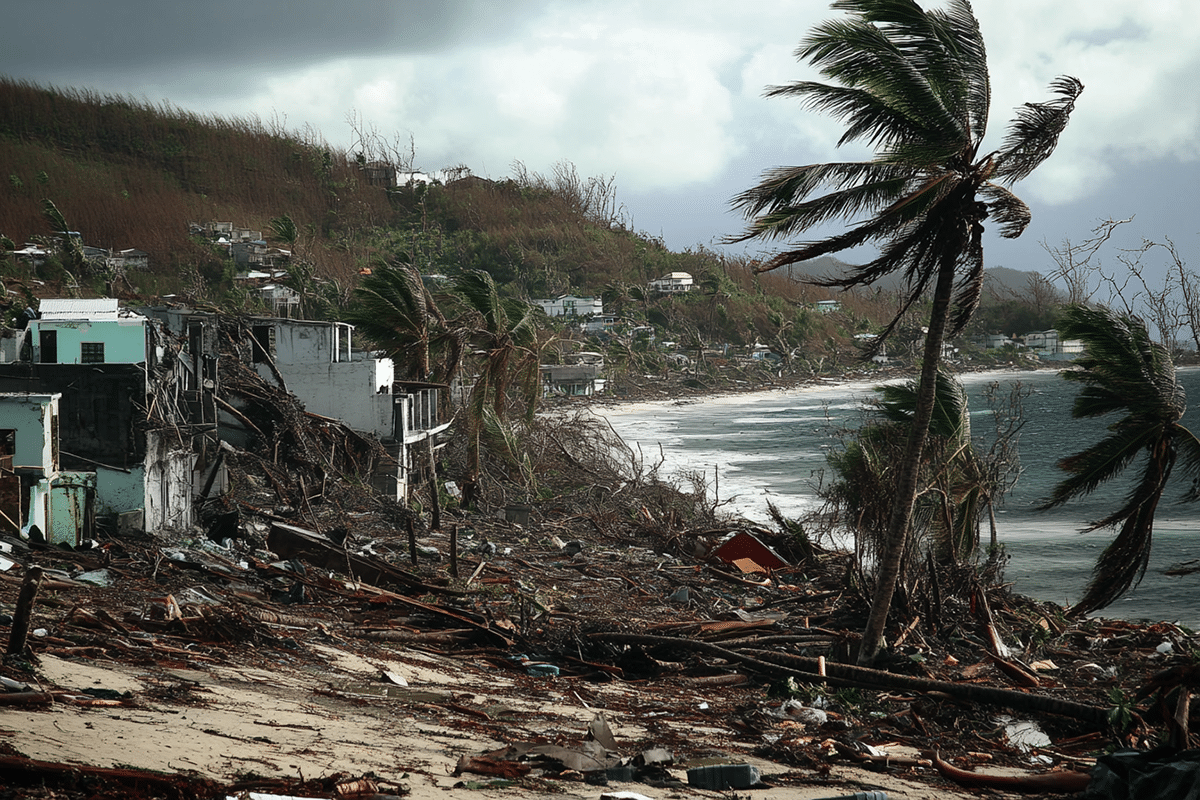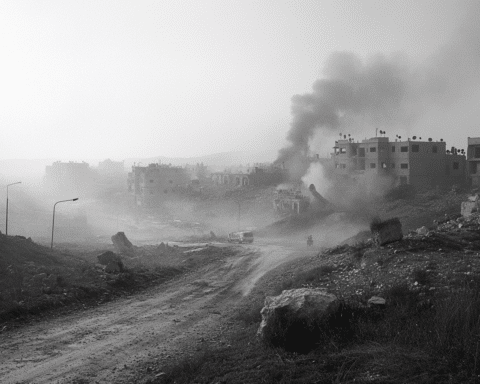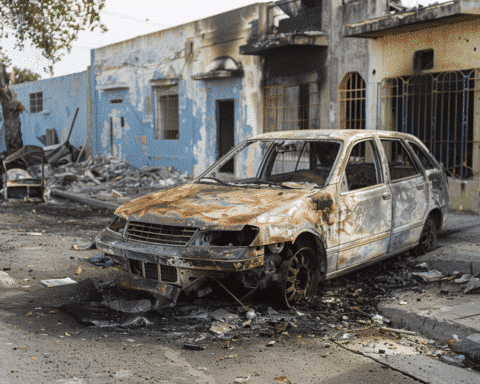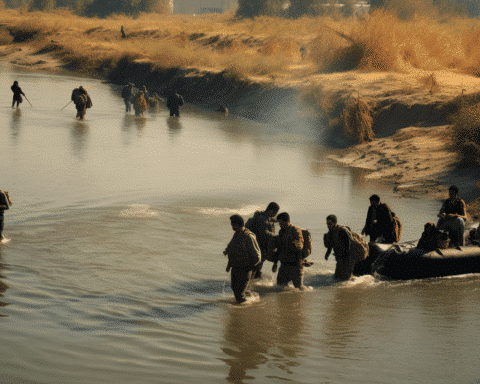Mayotte, a French territory in the Indian Ocean, is grappling with the catastrophic aftermath of Cyclone Chido, the deadliest storm to strike the archipelago in nearly a century. The cyclone, which made landfall on Saturday, has claimed at least 22 lives, left more than 1,500 injured, and destroyed vast swathes of the island’s infrastructure. Officials fear the true death toll could be far higher, with hundreds or even thousands of fatalities unaccounted for, particularly among the island’s vulnerable migrant population.
Nearly 70% of Mayotte’s population has been affected by the disaster, as entire neighborhoods lie in ruins. Migrants, many of whom reside in makeshift settlements, have been disproportionately impacted. Reports indicate that many undocumented migrants avoided seeking refuge in shelters, exacerbating the tragedy. The cyclone’s impact has caused widespread power outages and disrupted communication, with 80% of telecom services offline, complicating relief operations and efforts to gauge the full scale of the damage.
In response, French authorities have imposed a nightly curfew from 10 p.m. to 4 a.m. to curb looting in the absence of electricity. The French military has deployed hundreds of personnel and is operating up to five daily aid flights to deliver 50 tons of food, water, and medicine. Financial aid has also been released, with €655,000 provided by the French government and an additional €250,000 pledged by Paris Mayor Anne Hidalgo.
Efforts to stabilize the island include the deployment of a field hospital, expected to arrive on Thursday, to address the dire medical situation. With Mayotte’s main hospital severely damaged, only six out of 20 health centers are operational, straining the capacity to treat cyclone victims as well as those with chronic illnesses or emergency needs.
The disaster has heightened serious health concerns, with experts cautioning about the risk of a cholera outbreak due to insufficient access to clean water and sanitation problems caused by decomposing bodies. Earlier this year, a drug-resistant cholera strain emerged in Mayotte, adding urgency to prevention efforts.
Political tensions in France have emerged in the wake of the crisis. Prime Minister François Bayrou has faced criticism for not traveling to Mayotte or attending crisis meetings in person. Instead, he has focused on coordinating aid remotely and forming a new government. Bayrou has announced plans to prioritize affordable, easy-to-assemble housing projects to aid reconstruction efforts, calling for contributions from French companies and architectural institutions.
President Emmanuel Macron is set to visit Mayotte on Thursday to provide support and oversee relief efforts firsthand. Authorities and aid groups continue to prioritize access to food, water, and medical care while addressing the island’s long-term recovery needs. Cyclone Chido has underscored the vulnerability of Mayotte’s impoverished population and the urgent need for sustainable infrastructure in the face of natural disasters.





